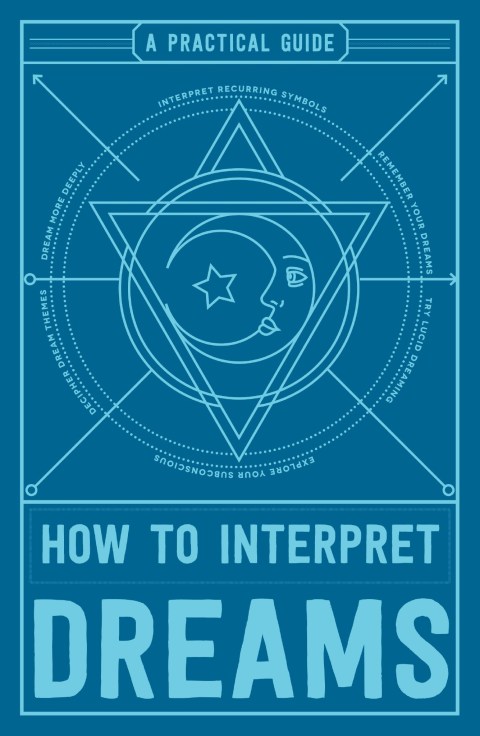(Ebook) Schubert Recollects Himself: The Piano Sonata in C Minor, D. 958 (The Musical Quarterly, Vol. 84, No. 4 Winter 2000)) by Charles Fisk ISBN 9781507201916, 1507201915
Almost no one writes about Schubert's Piano Sonata in C Minor (1828) without mentioning Beethoven. As is well known, the sonata begins with perhaps the most transparent reference to Beethoven in all of Schubert: a virtual quotation of the theme of the Thirty-two Variations in C Minor, WoO 80 (Ex. la). Moreover, Schubert's slow movement, his first instrumental adagio since the Wanderer Fantasy (D. 760) of 1822, holds distinct echoes of the slow movements-both also adagios in A-flat major-of Beethoven's two early C-minor sonatas.
But very near the beginning of these movements of Schubert's sonata come moments of marked difference not only from their own, but from any other Beethovenian models, moments that might be taken as markers of Schubertian identity. In the first movement, the opening idea culminates unexpectedly in a downward-rushing A-flat-major scale that both stalls momentum and opens a clearing for a new idea in that key (Ex. ib, mm. 14-15), motivically more generative than the initial one for the music that follows. In the opening period of the adagio, the first subphrase of the consequent digresses into a minor-plagal prolongation of the subdominant (Ex. 2, mm. 11-12), again stalling momentum and inhibiting (though not forestalling) the full closure expected in an ensuing subphrase.
In each case, the way the un-Beethovenian gesture disrupts musical continuity suggests the sudden intrusion of an unexpected image-most plausibly a memory-upon a train of thought or action. If these disruptions (or, at least, their causes) are indeed best heard as memories, as I shall argue they are, then what do they remember? And what, if anything, have the experiences that they recall to do with the recollections of Beethoven with which these two movements have begun?
*Free conversion of into popular formats such as PDF, DOCX, DOC, AZW, EPUB, and MOBI after payment.


